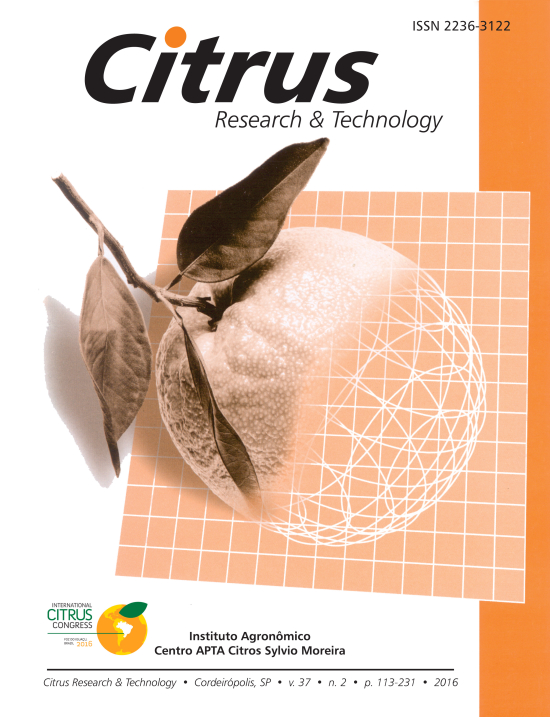CITRICULTURA PAULISTA: ENTRAVES INSTITUCIONAIS E ORGANIZACIONAIS
THE CITRUS INDUSTRY IN SÃO PAULO BRAZIL: ORGANIZATIONAL AND INSTITUTIONAL BOTTLENECKS
LUIZ FERNANDO PAULILLO , LUIZ MANOEL DE ALMEIDA e ANA CLAUDIA VIEIRA
Resumo
Este artigo apresenta os principais filtros institucionais e os entraves de organização e de comercialização dos citricultores paulistas, diagnosticados em uma pesquisa de campo durante a safra agrícola 2003/2004, na macrorregião de Ribeirão Preto (SP). Visitaram-se 120 citricultores, para preenchimento de um questionário estruturado com 280 perguntas nas áreas: patrimonial, financeira, produção, transação e participação associativa. Parte-se da premissa de que as instituições (regras, normas, convenções de mercado, controles de operação e demais procedimentos administrativos etc.) da cadeia agroindustrial citrícola paulista, ao se consolidarem entre os atores produtivos, acabam provocando uma série de entraves para os citricultores se ordenarem nos canais de comercialização em que atuam. Verificaram-se sete grandes entraves organizacionais para os citricultores pesquisados: a) assimetria de informações; b) especificidade e qualidade dos pomares; c) escala de produção; d) escolha do canal de comercialização; e) escala de transação; f) nível de educação e g) grau de associativismo do produtor. Após a identificação desses entraves, na produção e na negociação, procura-se lançar ao debate alternativas de comercialização e de políticas públicas para a citricultura paulista, como, também, analisar as possibilidades de incorporar novas operações para os produtores de laranja nos canais de comercialização existentes.
Palavras-chave
Abstract
This article discusses the main institutional filters and the organizational and trade bottlenecks faced by São Paulo citrus growers, which were identified in a field survey carried out during the 2003/2004 growing season in the macroregion of Ribeirão Preto, São Paulo State. One hundred twenty citrus growers were visited and filled a questionnaire with 280 questions on the following areas: patrimony, finance, production, transaction, and associative participation. The premise is that the institutions (rules, norms, market conventions, administrative controls of operation, other administration procedures etc.) of the São Paulo citrus industry, as one of the productive actors, end up provoking a series of bottlenecks for the citrus growers, making it difficult for them to get organized around the existing trade avenues. It was possible to detect seven main organizational bottlenecks for the citrus growers inquired: a) asymmetry of information; b) specificity and quality of the orchards; c) production scale; d) choice of the trade channel; e) transaction scale; f) level of education and g) degree of cooperative association among growers. After the identification of these bottlenecks, both in the production and in the negotiation, this study aims to launch a debate on some alternatives for commercialization and public politics for the São Paulo citrus industry as well as to analyze the possibilities to incorporate new strategies for the orange producers in the existing trade avenues.

